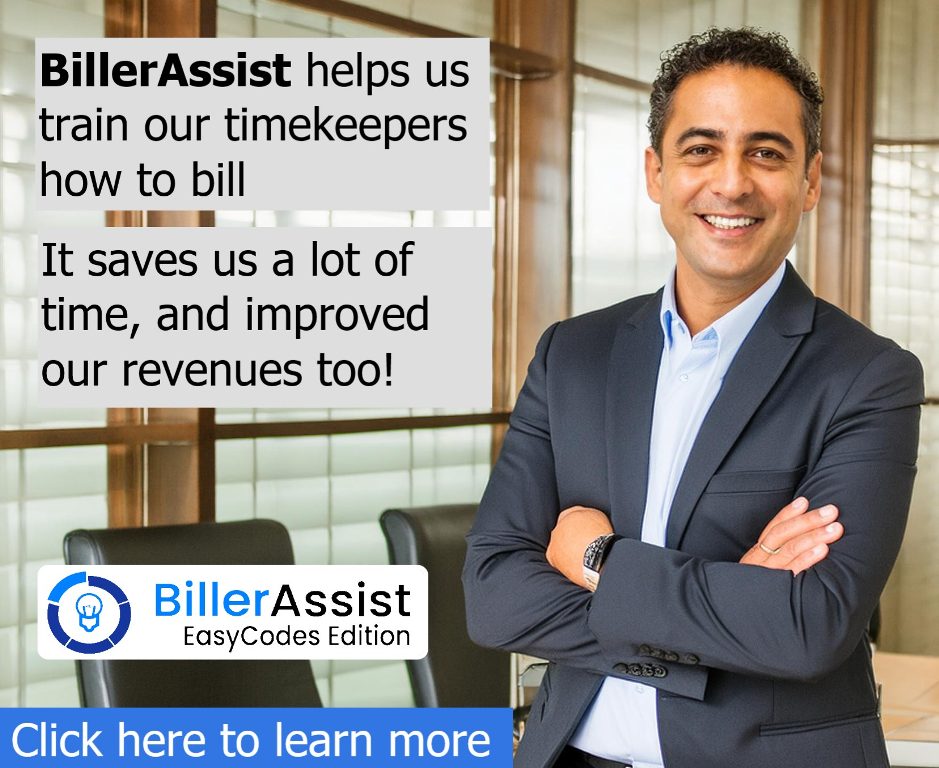The Wave of The Present: Hybrid Work Models and Cloud Computing
With increased work from home, “cloud-based solutions" have become indispensable, and looks to remain as such for years to come.
Various surveys have indicated that, although some individual lawyers prefer “in office” work and others do not, most law firms are now at least moving to a hybrid work model with only a few days per work week being “in office”.
In order to access the same drafts, documents, and other data from home as in the office, the data should be stored in the same place – which often means in an online or “cloud” repository.
As in other industries, the increased prevalence of the remote and hybrid work model means cloud-computing is here to stay. In fact, it is predicted that by 2026, the global cloud market will increase over 16% compounded annually. The days of locally installed software are quickly becoming a thing of the past.
What is The Cloud?
“The cloud" refers to internet and/or mobile app-accessible servers, software, and databases that are accessed through a browser or an app. If you use Gmail, Netflix or Facebook, you already use the cloud. If you use Zoom, Microsoft 365, or Dropbox at work, you already use the cloud.
Why can someone log in to their Facebook account on a new smartphone after their old device conks out, and discover their previous account is intact? It’s because of the cloud. The same thing happens with cloud email like Gmail or Office 365, and Cloud storage like Dropbox or Google Drive.
These days, much of the world’s data is processed and stored on remote servers frequently stored in the cloud campuses, rather than local computers. Although cloud servers are housed in data centers worldwide, in the United States, some of the top cloud campuses are in Nevada, Iowa and Oregon.
Because cloud computing and storage occurs on these servers rather than directly on users' devices, users can access the same files and programs from nearly any device.
In fact, especially, in the past decade. large law firms have claimed considerable competitive advantage from using data analytics to improve litigation strategy, estimate case and matter profitability, and better advise clients.
Current Uses
Cloud computing is already widely in use, but still has room for adoption. A 2021 ABA Legal Technology Survey showed that cloud usage within the legal industry is at 60%. Small and medium sized firms lead the way in using the cloud, followed by large law firms.
With the pandemic’s increased use of online court hearings and the abundance of Zoom meetings, we expect to see this number increase as users become even more comfortable with cloud computing and technology in general.
Solid cloud-based legal practice management software solutions already exist and are widely used. Legal software companies like Clio, ActionStep, Practice Panther, and Rocket Matter all allow for secure yet easily accessible firm data which is invaluable to any size firm. Other solutions allow law firms to use cloud-based applications that integrate with traditional “in office” software like Timeslips.
For example, EffortlessLegal's BillerAssist and BillerAssist EasyCodes Edition applications allow law firms to keep their existing billing systems — even “in office" software like Timeslips — while seamlessly offering an AI-powered cloud-based solution for their employees.
Cloud computing allows entire practices to update and share information in real-time. Having everyone on the same page at the same time reduces redundancy and promotes efficiency.
Benefits
Law firms can gain huge benefit from cloud-based apps, namely accessibility and cost savings.
Accessibility
The days of forgetting documents in the office or hauling vast volumes of paper are long gone. With cloud computing, lawyers can store and access files anytime, anywhere.
Need to leave the office early to attend little Jenny’s soccer game, but don’t want to lug home huge paper files? The cloud can help you with this. Need to access a certain document minutes before a meeting with a client in their office, but you don’t have the physical copy? The cloud can help you with this. Need to easily monitor cases while vacationing in Tahiti? The cloud can help you with this.
With this key feature of accessibility, lawyers can address client matters in real time and respond quickly to changes.
The cloud’s accessibility is not just limited within a firm. Depending on the app, cloud-based systems can also allow outside counsel and clients to access permitted files and apps from anywhere as well.
Cost
Cloud computing eliminates the need for individuals and law firms to operate physical servers or house software on their own workstations. As such, working over the cloud is quick and scalable with no large upfront capital investments.
With individually licensed software, once you buy a license, it’s yours. So, if you change your business and staffing model, you cannot return licenses no longer needed.
Businesses that use cloud computing save money by not having to update and maintain their own servers and software.
This is especially important for small enterprises who cannot afford their own internal tech team, but can outsource the upkeep to the software company functioning on the cloud,
Concerns
Lawyers can be quite gun-shy in implementing tech innovations. The main underlying sentiment amongst those who are tech-shy is: If it isn’t broken, why fix it? The problem is that if processes aren’t running optimally leading to decreased productivity and revenue, it is broken.
Additional concerns about technology these days are security, lack of control over data and simply being unfamiliar with the technology.
Security/Confidentiality
Lawyers should be concerned with security. Cybersecurity threats are at an all time high, and all businesses should be cautious. No matter what software you use or where your data is stored, you must be mindful of being hacked. Lawyers are required to implement and follow solid security protocols whether cloud-based or not. This includes taking cybersecurity seriously such as making sure your anti-virus software is up-to-date and ensuring passwords are regularly updated.
Control Over Data
Other lawyers are concerned that with cloud-based systems, they won’t have control over their data. This is where due diligence of the software system comes into play.
Decision makers with any software decision need to ensure that the program they are buying is secure and has taken measure to address any potential breaches, but this is also true with traditional “in office” systems.
Unfamiliar with Technology
Other lawyers are simply apprehensive of this new cloud concept. Being unfamiliar with something new is not a bad thing, it’s just part of the learning process.
Additionally, many of these cloud-based legal applications offer free trials which allow legal professionals to explore the new software prior to buying.
Conclusion
Cloud-based apps' communication and organizational benefits are undeniable. With more and more software and apps using the cloud, it is time for all legal professionals to get on board.





